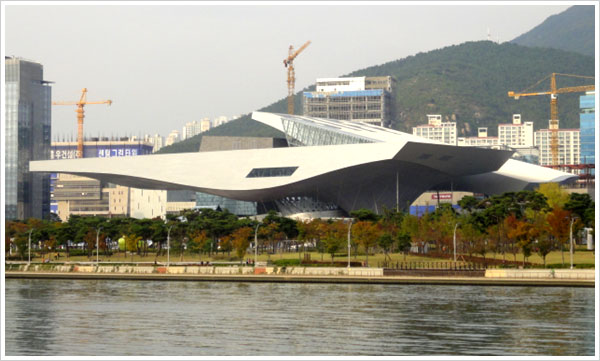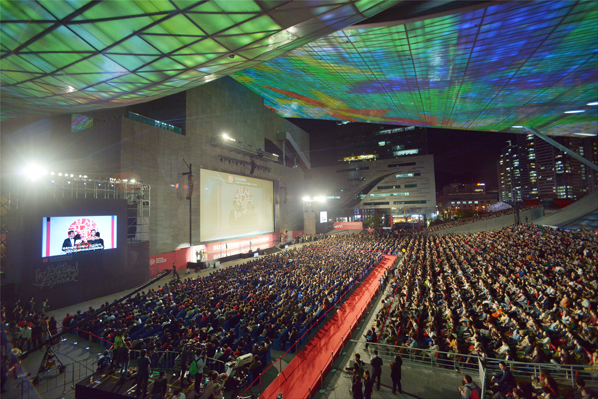Busan International Film Festival (BIFF)
Introduction to the Busan International Film Festival
- Dedicated to discovering and showcasing exceptional Korean and Asian films, this film festival brings exceptional films to global audiences while solidifying Busan’s identity as a mecca for film and visual culture in Asia.
- Widely regarded as Asia's acclaimed film festival, it plays a pivotal role in shaping the region’s cinematic landscape and has risen to stand proudly alongside renowned film festivals worldwide.
Outline
-
Period & Venues: 10 days between September and October, at multiple locations across Busan—Centum City and Nampo-dong
※ The 30th Busan International Film Festival: Wednesday, September 17 – Friday, September 26, 2025 - Projected Lineup: Approximately 240 films from 70 countries
- Programs: 17 curated sections, including opening and closing films
-
Key Events: Opening and closing ceremonies, talks with filmmakers, Community BIFF, BIFF Asian Film Academy
※ The Asian Contents & Film Market takes place separately from the Busan International Film Festival. - Website: https://www.biff.kr/
Major Achievements
- Chosen as the Best Film Festival in Asia and one of the World’s Top Five by TIME Magazine (2004)
- Accredited by the International Federation of Film Producers Associations (2006)
- Awarded the UNESCO Fellini Medal—becoming the second film festival to receive it after the Cannes Film Festival (2007)
- Voted Korea’s Most Desired Festival by the Korea Festival Forum (2008)
- Named among the Top 12 Korean Tourism Guinness List by the Korea Tourism Organization (2012)
- Received the Grand Prize in the Festival category at the Korea Regional Brand Awards from The Seoul Shinmun Daily (2013)
-
Designated as Asia’s first UNESCO City of Film (December 2014)
- Acknowledged for its robust infrastructure, potential, and global influence on Busan's brand - Cited as a visual culture hub in Asia by TIME Magazine
- Described as Asia's largest and most prestigious film festival by The Hollywood Reporter (2019)
-
Crowned the Korea Brand Awards in the Culture category, jointly with Director Bong Joon Ho (2021)
- Honored for successfully hosting the festival amid the COVID-19 pandemic and enhancing the cultural profile of Busan and Korea as a prominent film destination - Won the inaugural K-Culture Awards from the Korean Academic Society of Business Administration (2022)
Economic Effects
- Laid the groundwork for Busan to emerge as one of Asia's visual culture leaders, significantly boosting the city’s brand value
-
Production inducement: 77.4 billion won; income inducement: 34.2 billion won; employment inducement: 1,112 jobs
(2019 International Film Festival Assessment, Impact and Future Direction for the 17th Busan International Film Festival, Busan Development Institute)
Photos
-
Main venue of BIFF, View of Busan Cinema Center

-
Main venue of BIFF, View of Busan Cinema Center

